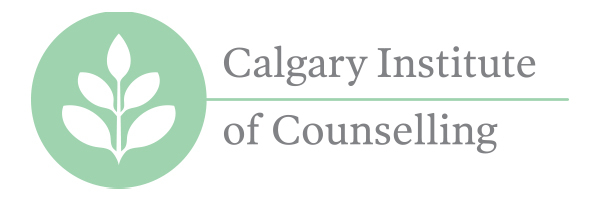Warning Signs of Anorexia

According to the National Institutes of Mental Health (NIMH), Anorexia Nervosa affects roughly one percent of the adult population in the United States. Although the condition is treatable, it is very serious and can potentially be fatal.
The NIMH suggests that up to 10% of those with the disorder may die from complications. But according to the Renfew Center Foundation for Eating Disorders, up to 20% of anorexics will die from the condition.
Because of the serious nature of Anorexia, it is incredibly important to recognize the warning signs. The following are some of the physical, behavioral, and emotional warning signs associated with Anorexia Nervosa:
Physical Signs
Anorexia is an eating disorder whereby a person does not eat enough calories or nutrients to sustain proper health. Some of the following physical signs of anorexia may only be present in serious cases of the disease. It is also important to mention that some of these signs are also symptoms of other medical conditions, so be sure your loved one is assessed by a healthcare professional for proper diagnosis:
- Abdominal pain
- Anemic (bruises easily)
- Brittle nails
- Cold hands and feet
- Constipation
- Dry and thinning hair
- Severe dehydration
- Hair loss on scalp
- Lightheadedness or loss of balance
- Loss in bone density
- Loss of menstrual period
- Low blood pressure and heart rate
- Muscle loss and weakness
- Significantly low body weight
Behavioral Symptoms
In hindsight by many loved ones, behavioral signs of Anorexia manifest before the physical signs:
- Complaints of stomach upset
- Cooking for others but never eating what is cooked
- Denial of hunger
- A compulsion to exercise
- Extreme perfectionism
- Fatigue
- Wearing warmer clothing, even when it is hot out
- Hiding foods to avoid eating them
- Strange eating habits or food rituals
- A fear of gaining weight or being fat, even when weight is clearly being lost
- Weighing themselves frequently
- Withdrawal from friends and family
Emotional Symptoms
- Anxiety
- Depression
- Self-esteem is determined by appearance
- Easily irritated
- Extremely self-critical
- Little motivation to engage in relationships or activities
- Strong need for approval
If, after reading these warning signs, you are concerned your friend or loved one may be developing Anorexia, it is important they seek treatment before the condition becomes serious and deadly. Seeking guidance from a qualified healthcare professional is the first step to physical recovery.
Once proper nutrition has been established, it is important that you or your loved one seek guidance from a mental health professional to get to the root cause of the disorder.
If you’d like to explore treatment options, please give me a call. I’d be more than happy to discuss how I may be able to help.
SOURCES:
https://www.webmd.com/mental-health/eating-disorders/anorexia-nervosa/understanding-anorexia-symptoms
https://www.verywellmind.com/symptoms-warning-signs-of-anorexia-nervosa-1138239
https://www.nationaleatingdisorders.org/learn/by-eating-disorder/anorexia/warning-signs-symptoms
